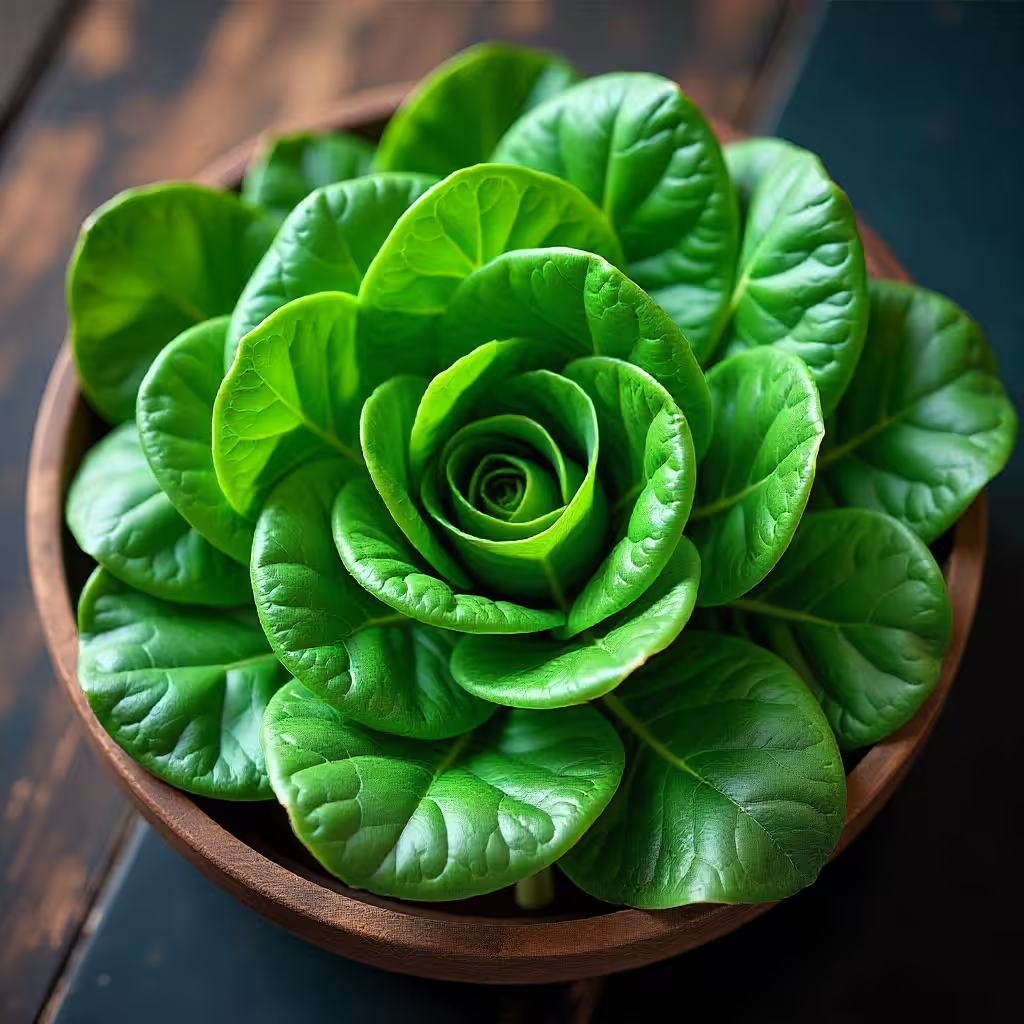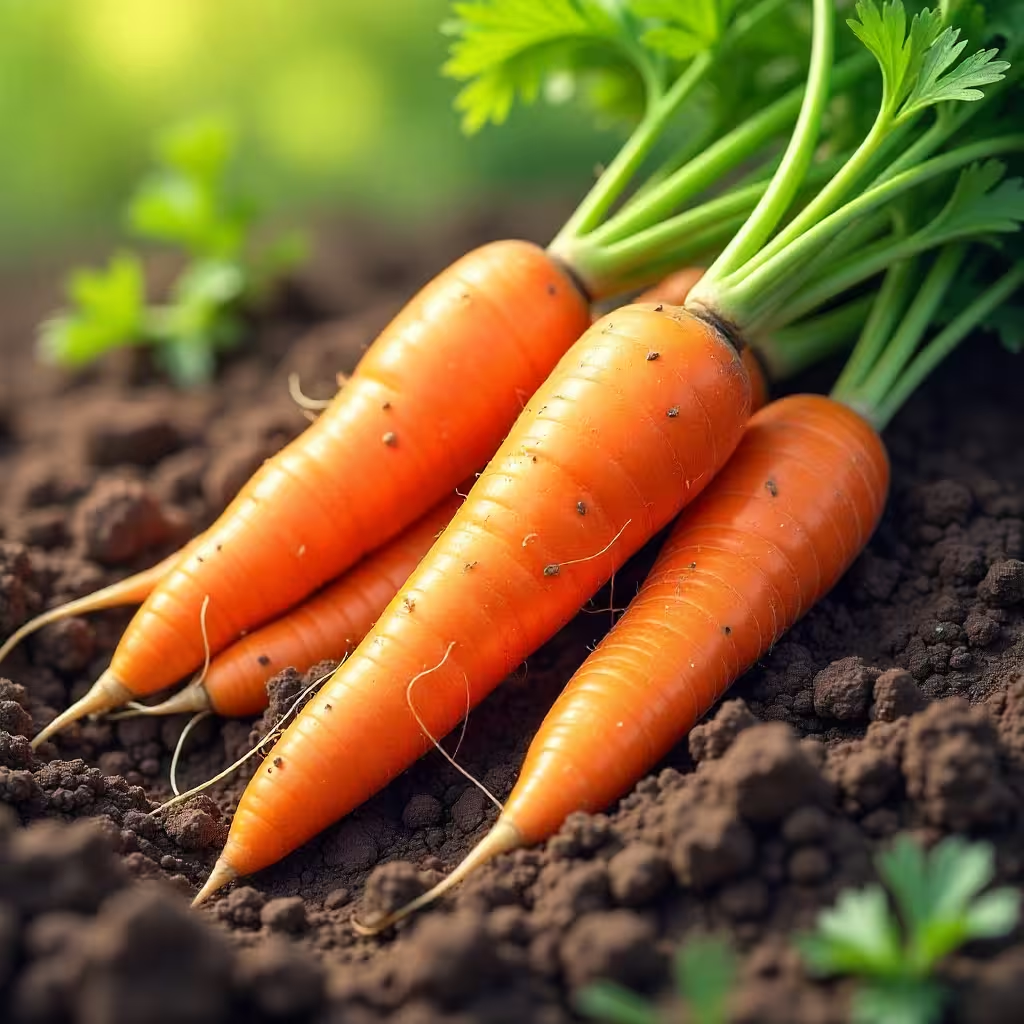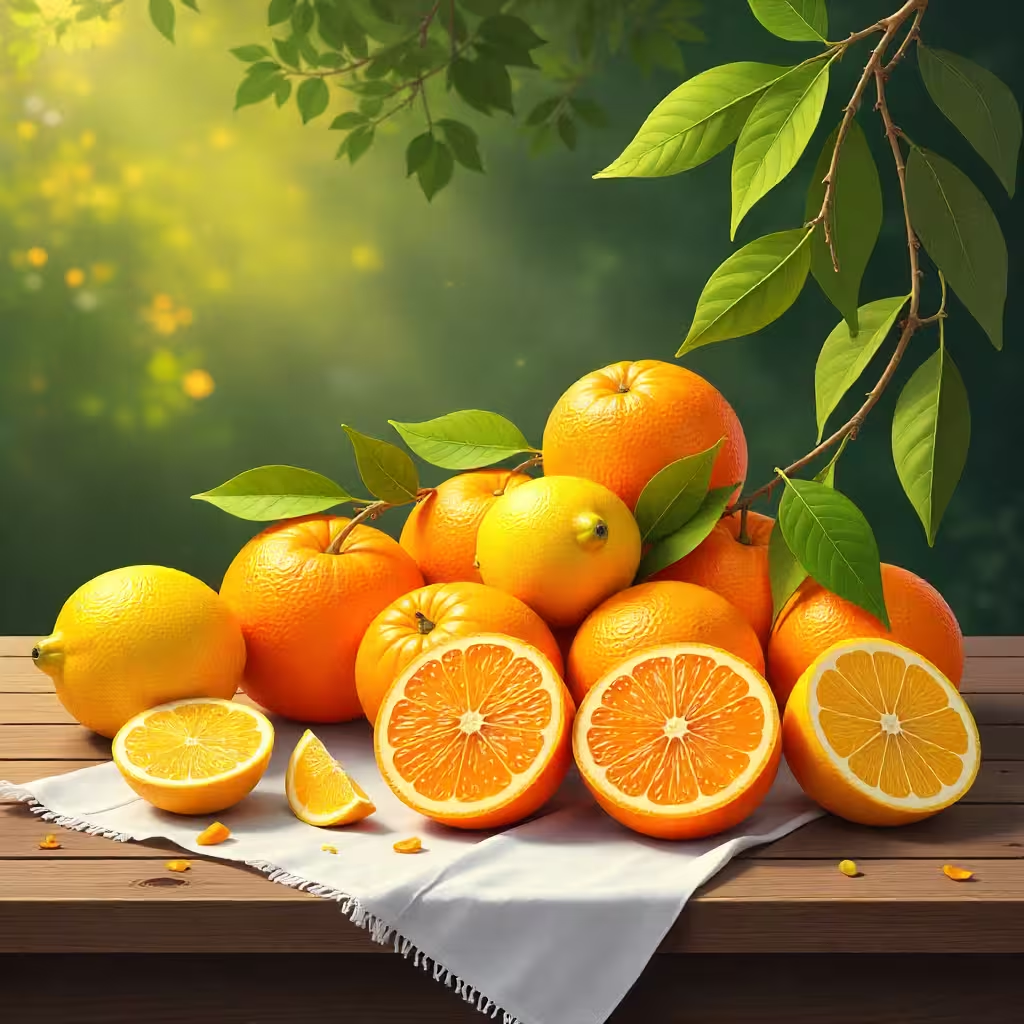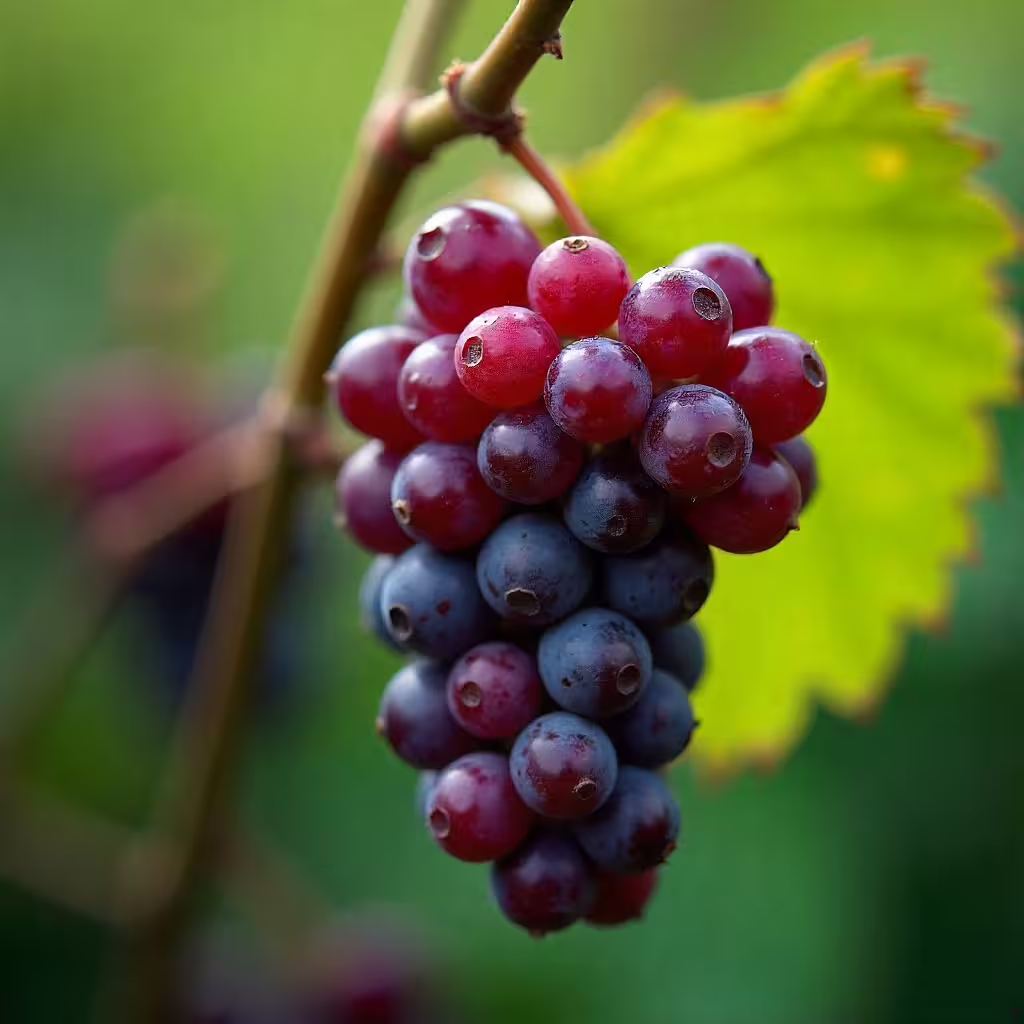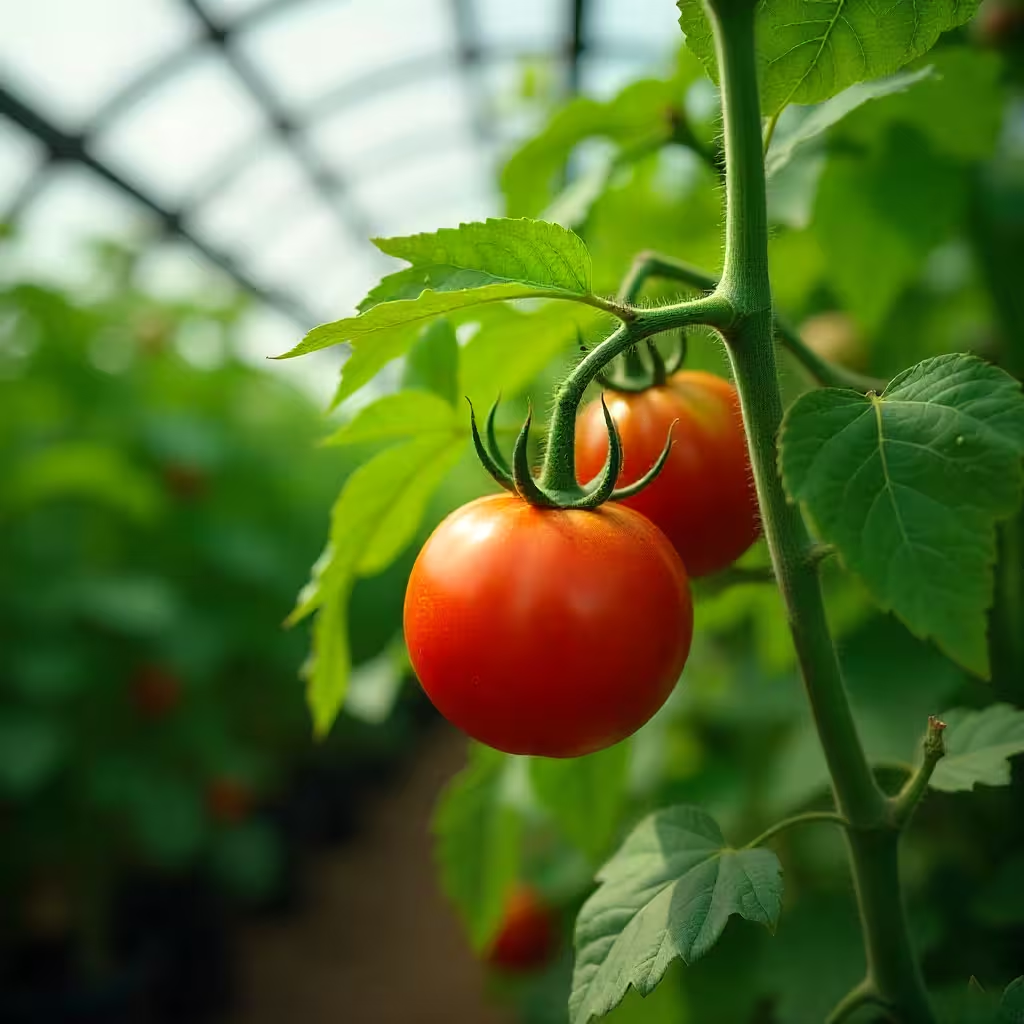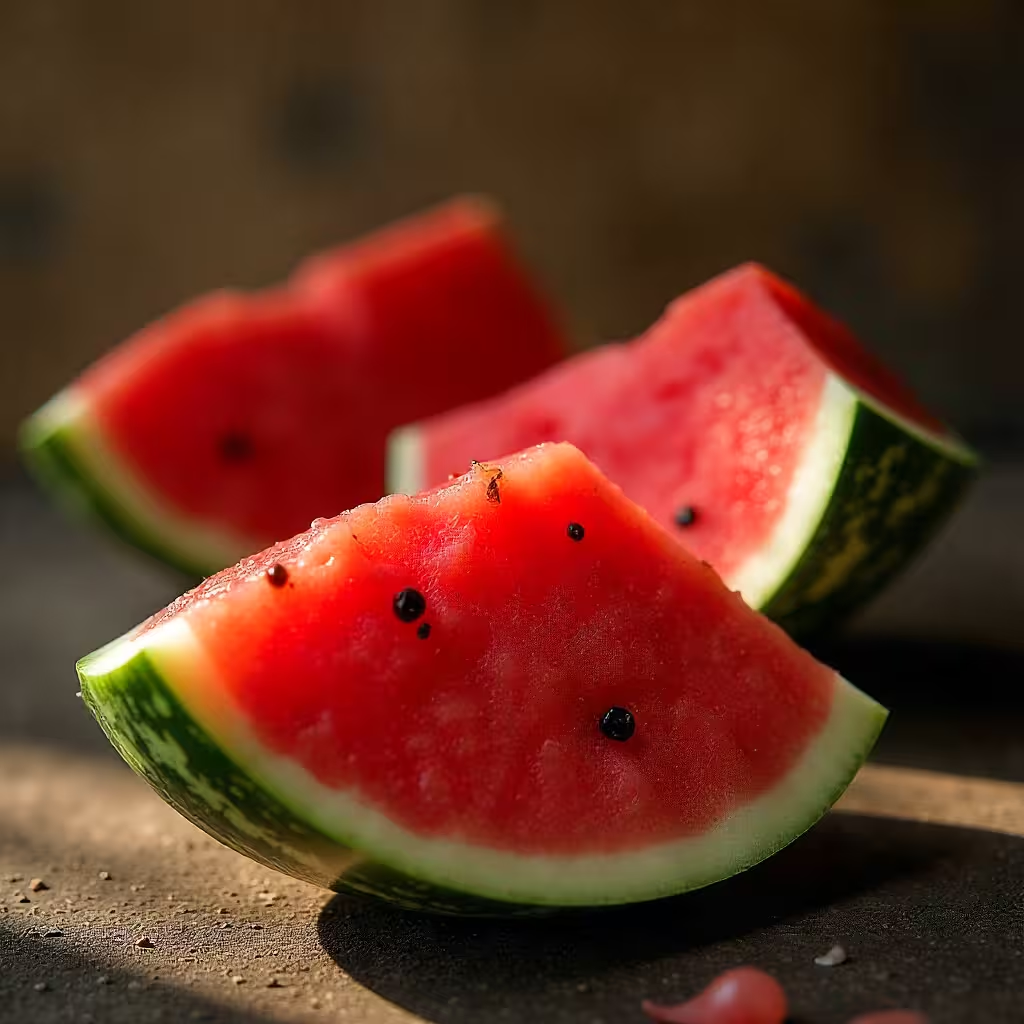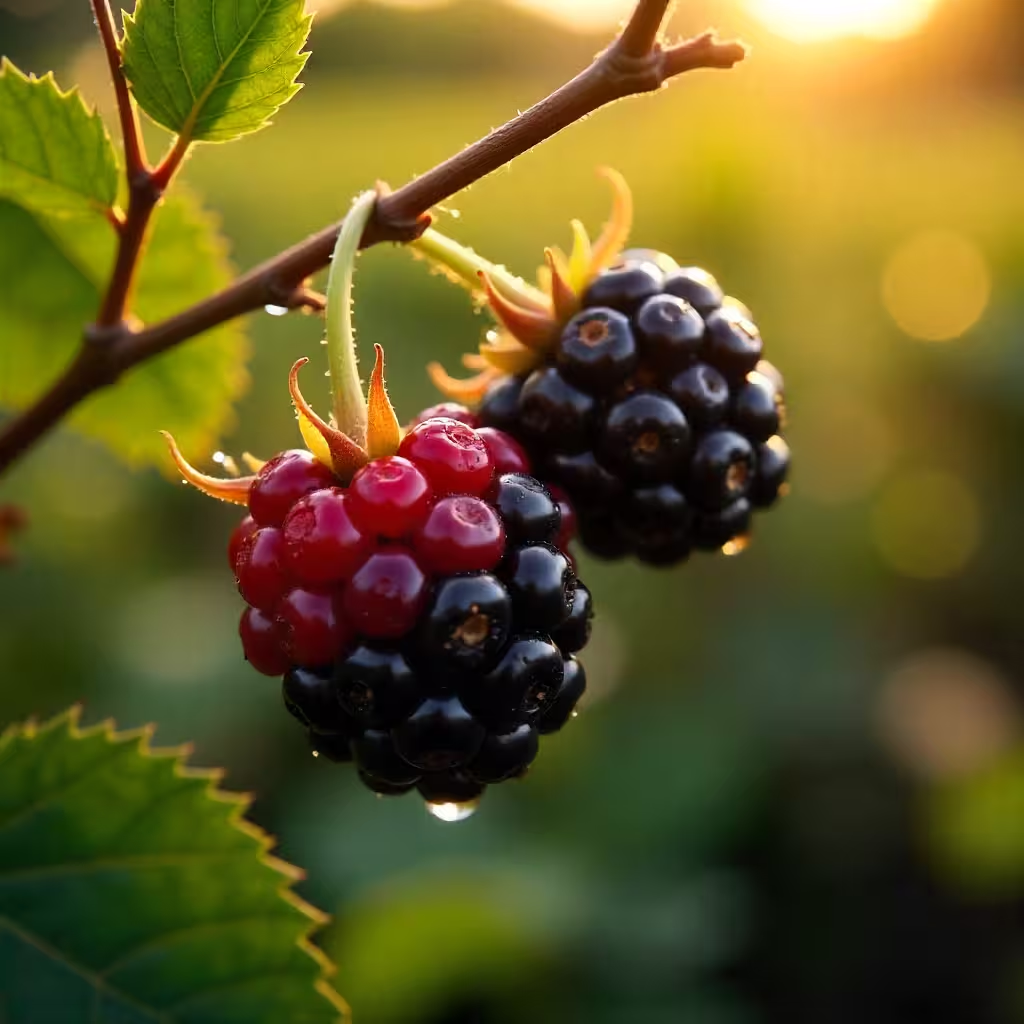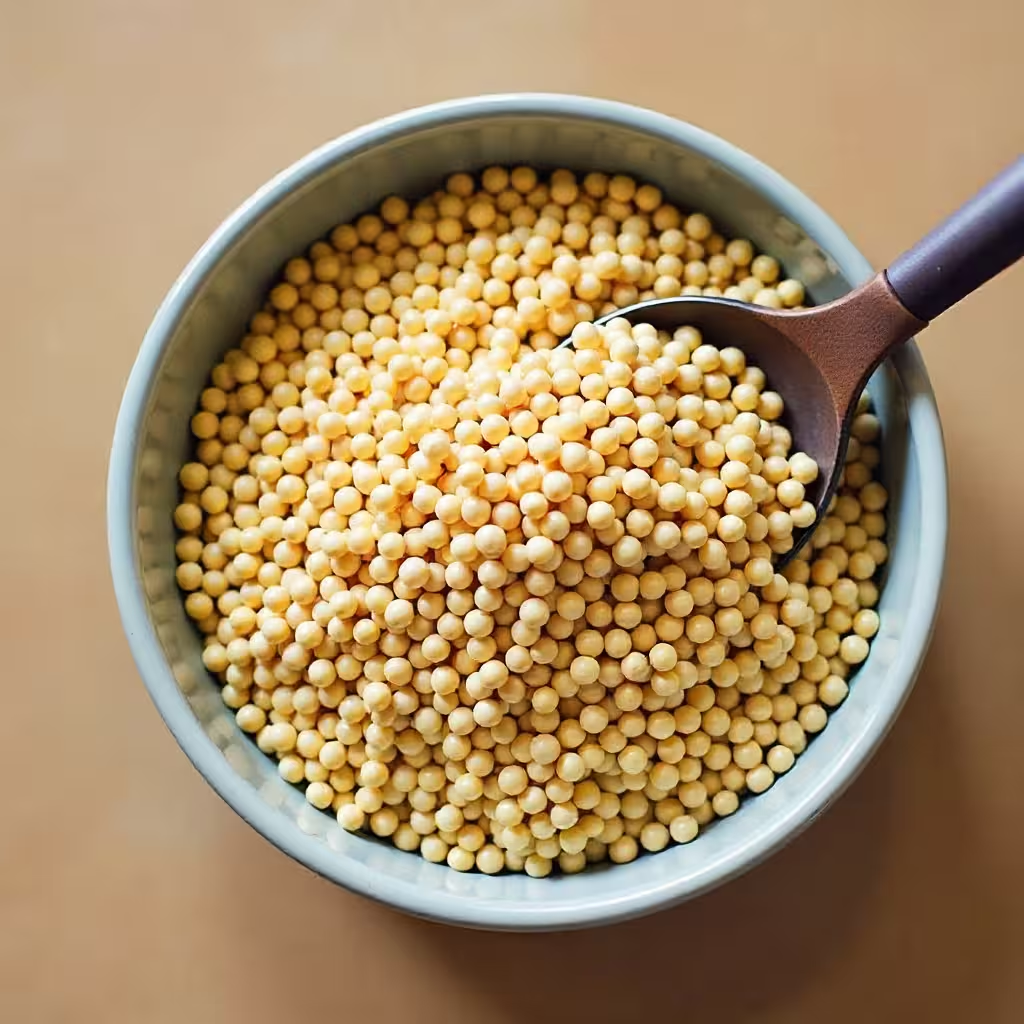Grapes: Hidden Benefits for Firm, Youthful Skin
Grapes have been celebrated throughout history not just for their delicious sweetness and wine-making potential, but for their remarkable ability to promote longevity and preserve youthful vitality. These small but mighty fruits pack an extraordinary concentration of polyphenols and antioxidants that specifically target the cellular processes responsible for skin aging, making them one of nature's most effective beauty foods. The real magic of grapes lies in their skins and seeds, which contain resveratrol, a compound that has captured the attention of researchers worldwide for its potential to slow aging at the molecular level. When you eat grapes regularly, especially the darker varieties like red, purple, and black grapes, you're consuming powerful phytonutrients that penetrate deep into your skin tissues to protect cellular DNA, maintain collagen integrity, and combat the oxidative stress that leads to wrinkles, sagging, and age spots. What makes grapes particularly valuable is that they deliver these benefits in a whole food package where multiple compounds work synergistically—the resveratrol, proanthocyanidins, flavonoids, and organic acids all enhance each other's effectiveness in ways that isolated supplements simply cannot replicate, giving you comprehensive anti-aging protection with every handful you enjoy.
How Grapes' Resveratrol Protects Against Cellular Aging and Wrinkles
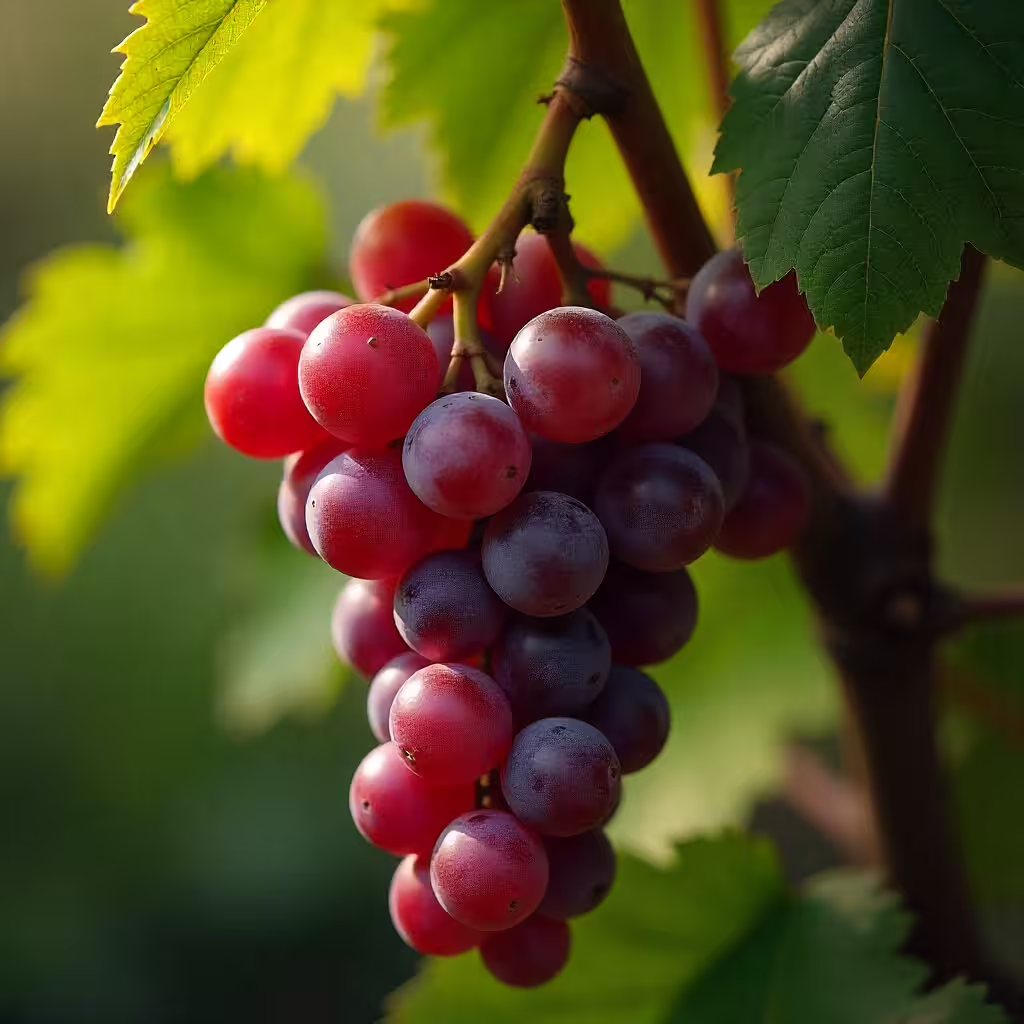
Resveratrol has become one of the most studied anti-aging compounds in nutritional science, and grapes remain one of the best dietary sources of this remarkable polyphenol. This compound works at the cellular level to activate longevity genes called sirtuins, which help regulate cellular health, DNA repair, and the aging process itself. When resveratrol activates these sirtuins in your skin cells, it essentially helps them function more like younger cells, maintaining better repair mechanisms and resisting the accumulation of damage that leads to visible aging. Research has demonstrated that resveratrol can significantly reduce the formation of advanced glycation end products, or AGEs, which are harmful compounds that form when proteins or fats combine with sugars in your bloodstream and then accumulate in your skin, causing collagen and elastin to become stiff, brittle, and discolored. This glycation process is a major contributor to the yellowing, sagging, and wrinkling that characterizes aged skin, and resveratrol's ability to inhibit it makes grapes a powerful ally in maintaining youthful texture and tone. Additionally, resveratrol has been shown to boost your skin's production of natural antioxidants like glutathione and superoxide dismutase, essentially teaching your skin to better defend itself against environmental stressors rather than just providing temporary external protection.
Grapes' Proanthocyanidins and Their Role in Collagen Preservation
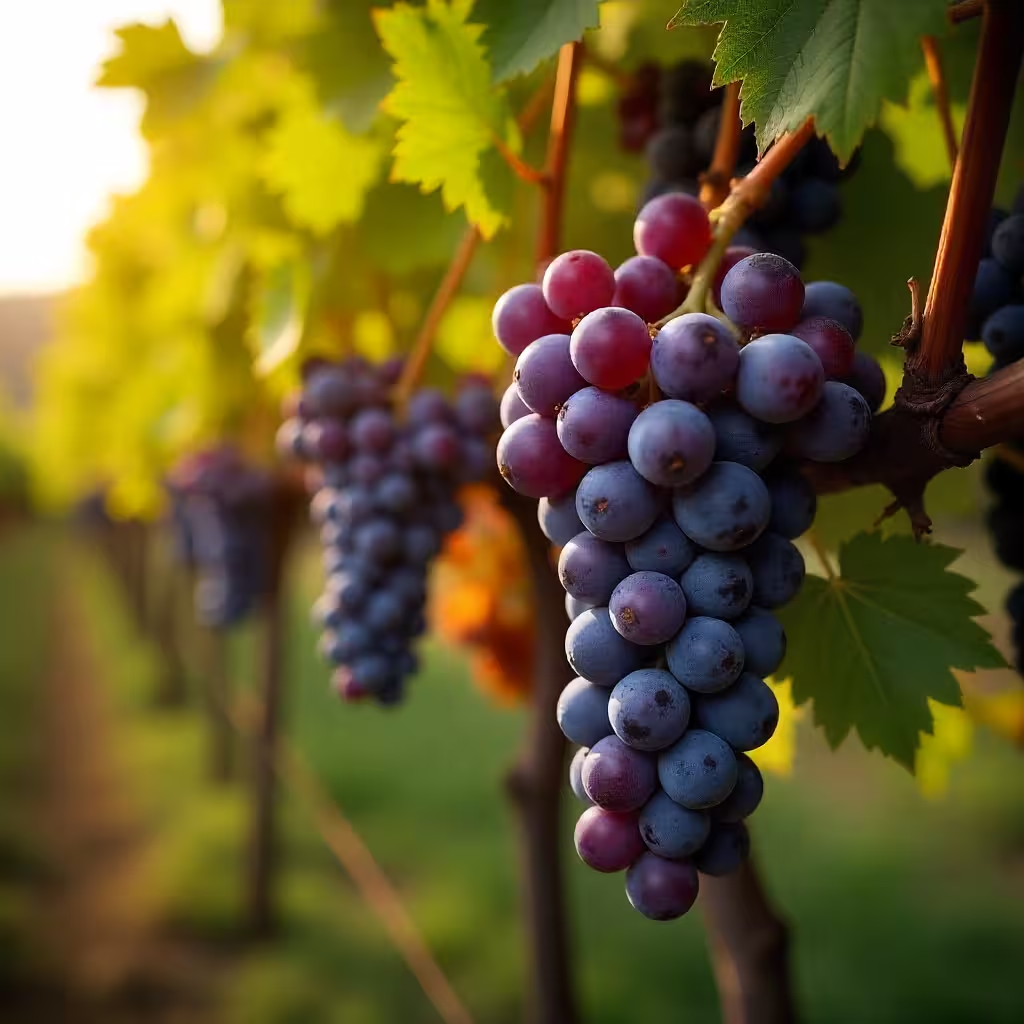
Beyond resveratrol, grapes contain another class of powerful compounds called proanthocyanidins, particularly concentrated in grape seeds and the darker-skinned varieties. These polyphenols are absolute champions when it comes to protecting and strengthening your skin's collagen and elastin networks, the structural proteins that keep your skin firm, smooth, and resilient. Proanthocyanidins have a unique molecular structure that allows them to bind directly to collagen fibers, creating a protective shield that makes these proteins more resistant to degradation from enzymes, free radicals, and environmental damage. Studies have shown that these compounds can actually cross-link collagen fibers in beneficial ways that enhance their strength and stability, essentially fortifying your skin's structural foundation from within. This is particularly important as we age because collagen breakdown accelerates while new collagen production slows, creating the perfect storm for sagging, thinning skin and deep wrinkle formation. The proanthocyanidins in grapes also inhibit the enzymes collagenase and elastase, which are responsible for breaking down these crucial structural proteins during inflammatory responses or sun exposure. When you consume grapes regularly, these protective compounds circulate through your bloodstream and accumulate in your dermal tissues, providing ongoing defense that helps your skin maintain its architecture and resist the gravitational pull and environmental damage that would otherwise accelerate visible aging.
Grapes as Natural UV Protectors and Photo-Aging Preventers
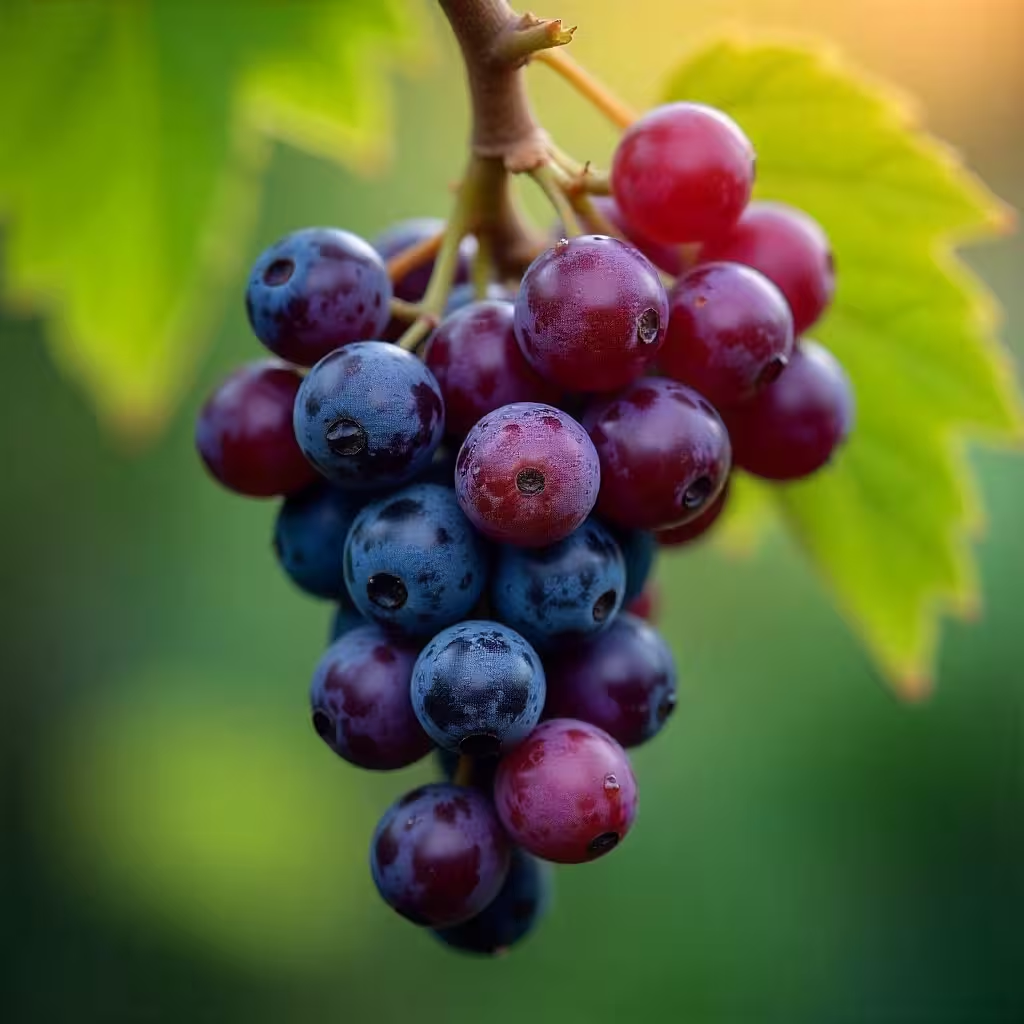
Sun damage remains the primary external cause of premature skin aging, responsible for the majority of wrinkles, spots, and textural changes that make people look older than their chronological age. Grapes offer impressive protection against this photo-aging through multiple mechanisms that shield your skin from UV radiation damage. The polyphenols in grapes, particularly the flavonoids and resveratrol, act as natural photoprotectants by absorbing UV radiation and neutralizing the reactive oxygen species that form when sunlight penetrates your skin. Clinical research has demonstrated that people who consume grapes or grape products regularly show reduced inflammatory responses to UV exposure, meaning their skin experiences less redness, swelling, and long-term damage after sun exposure compared to those who don't include grapes in their diet. The compounds in grapes also help prevent the formation of sunburn cells, which are damaged keratinocytes that would otherwise contribute to DNA mutations and accelerated aging. Perhaps most impressively, grape polyphenols have been shown to help repair UV-induced DNA damage in skin cells, essentially giving your skin a better chance to correct problems before they become permanent. The anthocyanins that give dark grapes their deep purple and red colors provide additional protection by strengthening capillary walls in your skin, reducing the formation of broken blood vessels and spider veins that often accompany sun damage and contribute to an aged appearance with uneven redness and visible vascular patterns.
Grapes and Their Impact on Skin Hydration and Inflammation
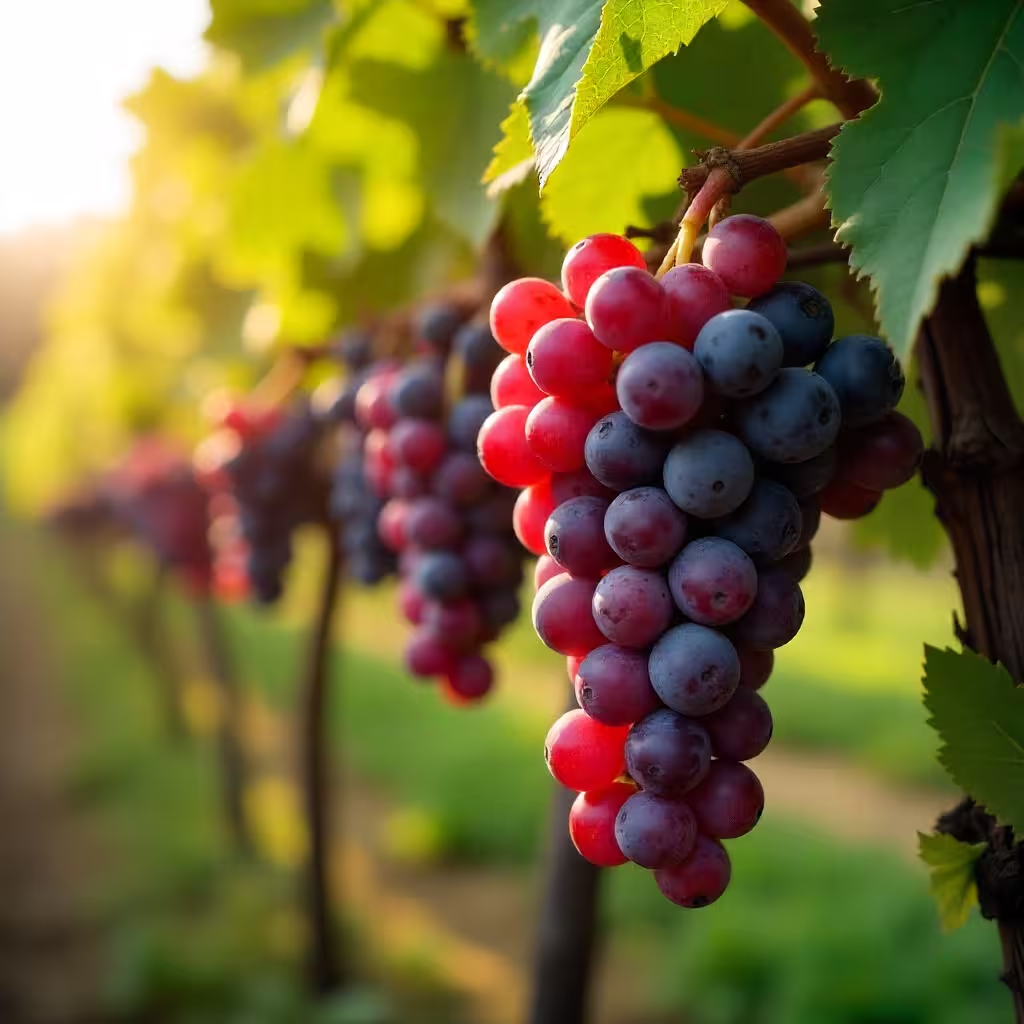
Maintaining optimal hydration and controlling inflammation are two critical factors in preserving youthful skin, and grapes excel in both areas through their unique nutritional profile. With their high water content—about eighty-two percent—grapes provide cellular hydration that helps maintain your skin's plumpness and smooth texture while supporting the countless biochemical reactions necessary for healthy skin function. The natural fruit sugars in grapes help draw water into your cells through osmotic effects, ensuring that the hydration actually reaches your tissues rather than simply passing through your system. This cellular-level hydration is crucial for maintaining skin volume and minimizing the appearance of fine lines that become more pronounced when your skin lacks adequate moisture. Beyond hydration, grapes contain powerful anti-inflammatory compounds that help calm the chronic, low-grade inflammation increasingly recognized as a primary driver of accelerated aging throughout the body. The resveratrol and quercetin in grapes work together to reduce inflammatory markers in your bloodstream, which translates to calmer, clearer skin with less redness, sensitivity, and irritation. This anti-inflammatory effect is particularly beneficial for people dealing with inflammatory skin conditions like acne, rosacea, or eczema that not only cause immediate discomfort but also accelerate aging through repetitive inflammatory damage. The organic acids in grapes, including tartaric and malic acid, provide gentle exfoliating effects that help remove dead skin cells and promote cell turnover, revealing fresher, more radiant skin while preventing the dull, rough texture that develops when old cells accumulate on the surface.
Strategic Ways to Incorporate Grapes for Maximum Skin Benefits
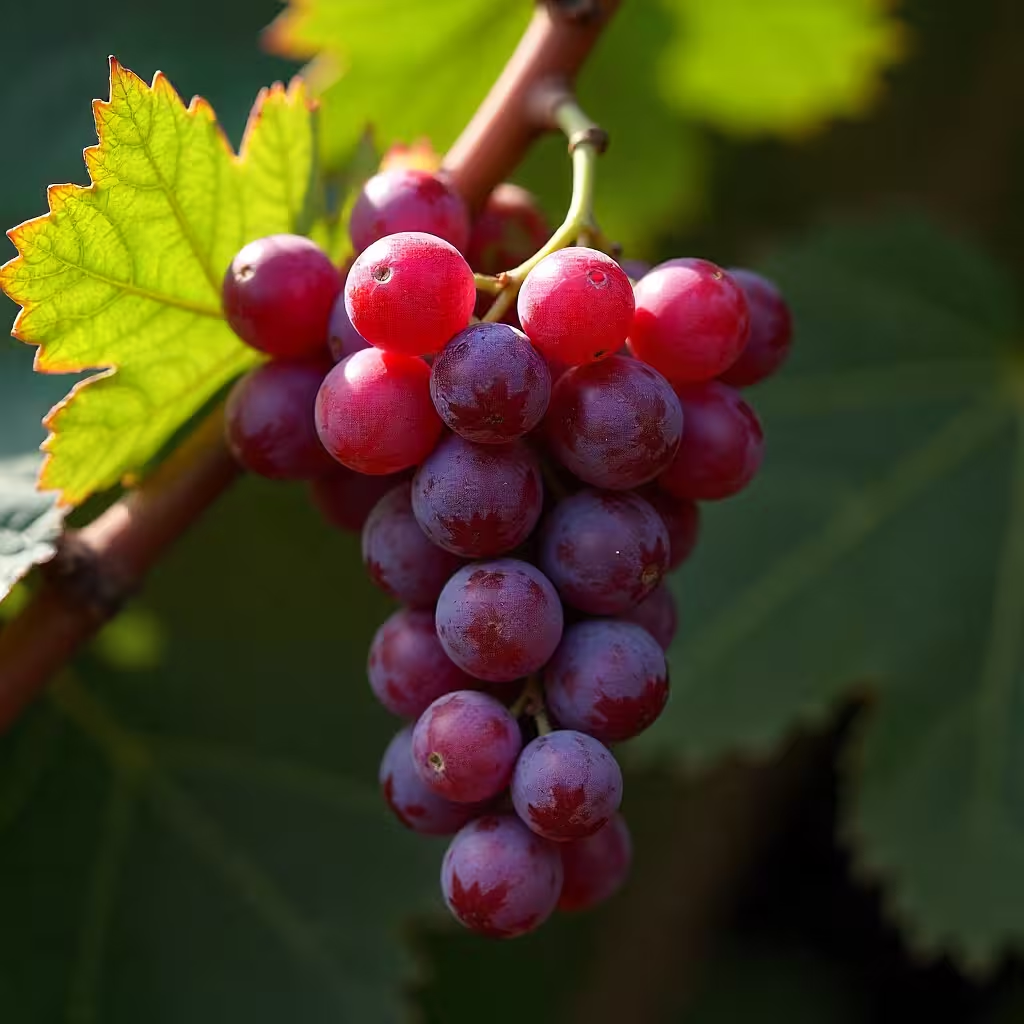
To fully harness grapes' anti-aging potential for your skin, choosing the right varieties and consuming them properly makes a significant difference in the benefits you'll experience. Dark-colored grapes—red, purple, and black varieties—contain dramatically higher concentrations of resveratrol and other beneficial polyphenols compared to green grapes, sometimes up to ten times more, so prioritize these deeper-hued options whenever possible. The most powerful compounds are concentrated in the skins and seeds, which means eating whole grapes rather than peeled or seedless varieties provides superior benefits, though seedless grapes still offer substantial skin-protecting nutrients. Aim to consume one to two cups of fresh grapes at least four to five times per week for optimal anti-aging effects, and consider eating them as a snack between meals when your digestive system can focus entirely on absorbing their beneficial compounds without competition from other foods. Frozen grapes make an excellent alternative to fresh and retain nearly all their antioxidant content while providing a refreshing treat that can satisfy sweet cravings without added sugars. You can also incorporate grapes into salads, blend them into smoothies, or roast them to concentrate their flavors and create a sophisticated side dish that pairs beautifully with proteins. While red wine contains some of the beneficial compounds from grapes, the alcohol content and lack of fiber make whole grapes a far superior choice for skin health and overall wellbeing. Most people begin noticing improvements in skin texture, reduced inflammation, and enhanced radiance within four to six weeks of consistent grape consumption, with more dramatic anti-aging effects like improved firmness and reduced fine lines becoming apparent after several months as resveratrol and proanthocyanidins accumulate in skin tissues and optimize cellular function.


